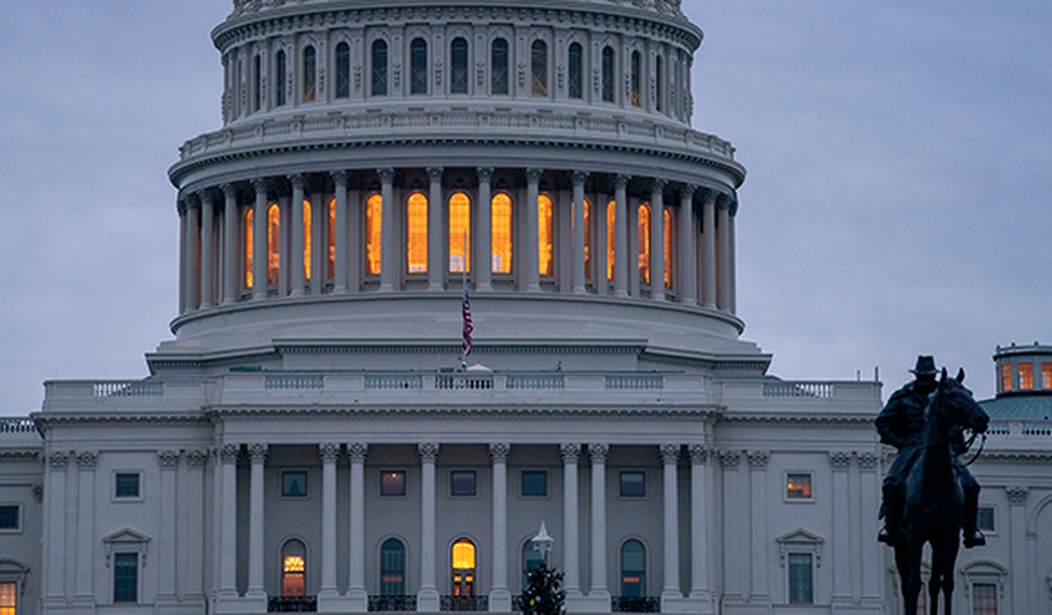We are living in a time of increasing domestic tension. Some of it stems from the presidency of Donald Trump. Another part of it is various advocacy groups on both sides of the political spectrum demanding one cause or another. But nearly totally ignored is how growing government control over our lives, along with the betrayal of constitutional principles, contributes the most to domestic tension. Let's look at a few examples.
Think about primary and secondary schooling. I think that every parent has the right to decide whether his child will recite a morning prayer in school. Similarly, every parent has the right to decide that his child will not recite a morning prayer. The same can be said about the Pledge of Allegiance to our flag, sex education and other hot-button issues in education. These become contentious issues because schools are owned by the government.
In the case of prayers, there will either be prayers or no prayers in school. It's a political decision whether prayers will be permitted or not, and parent groups with strong preferences will organize to fight one another. A win for one parent means a loss for another parent. The losing parent will be forced to either concede or muster up private school tuition while continuing to pay taxes for a school for which he has no use. Such a conflict would not arise if education were not government-produced but only government-financed, say through education vouchers. Parents with different preferences could have their wishes fulfilled by enrolling their child in a private school of their choice. Instead of being enemies, parents with different preferences could be friends.
People also have strong preferences for goods and services. Some of us have strong preferences for white wine and distaste for reds while others have the opposite preference -- strong preferences for red wine. Some of us love classical music while others love rock and roll music. Some of us love Mercedes-Benz while others love Lincoln Continentals. When's the last time you heard red wine drinkers in conflict with white wine drinkers? Have you ever seen classical music lovers organizing against rock and roll lovers or Mercedes-Benz lovers in conflict with Lincoln Continental lovers?
Recommended
People have strong preferences for these goods just as much as they may have strong preference for schooling. It's a rare occasion, if ever, that one sees the kind of conflict between wine, music and automobile lovers that we see about schooling issues. Why? While government allocation of resources is a zero-sum game -- one person's win is another's loss -- market allocation is not. Market allocation is a positive-sum game where everybody wins. Lovers of red wine, classical music and Mercedes-Benz get what they want while lovers of white wine, rock and roll music and Lincoln Continentals get what they want. Instead of fighting one another, they can live in peace and maybe be friends.
It would be easy to create conflict among these people. Instead of market allocation, have government, through a democratic majority-rule process, decide what wines, music and cars would be produced. If that were done, I guarantee that red wine lovers would organize against white wine lovers, classical music lovers against rock and roll lovers and Mercedes-Benz lovers against Lincoln Continental lovers.
Conflict would emerge solely because the decision was made in the political arena. Again, the prime feature of political decision-making is that it's a zero-sum game. One person's win is of necessity another person's loss. If red wine lovers win, white wine lovers would lose. As such, political allocation of resources enhances conflict while market allocation reduces conflict. The greater the number of decisions made in the political arena, the greater the potential for conflict. That's the main benefit of limited government.
Unfortunately, too many Americans want government to grow and have more power over our lives. That means conflict among us is going to rise.
Walter E. Williams is a professor of economics at George Mason University.

























Join the conversation as a VIP Member